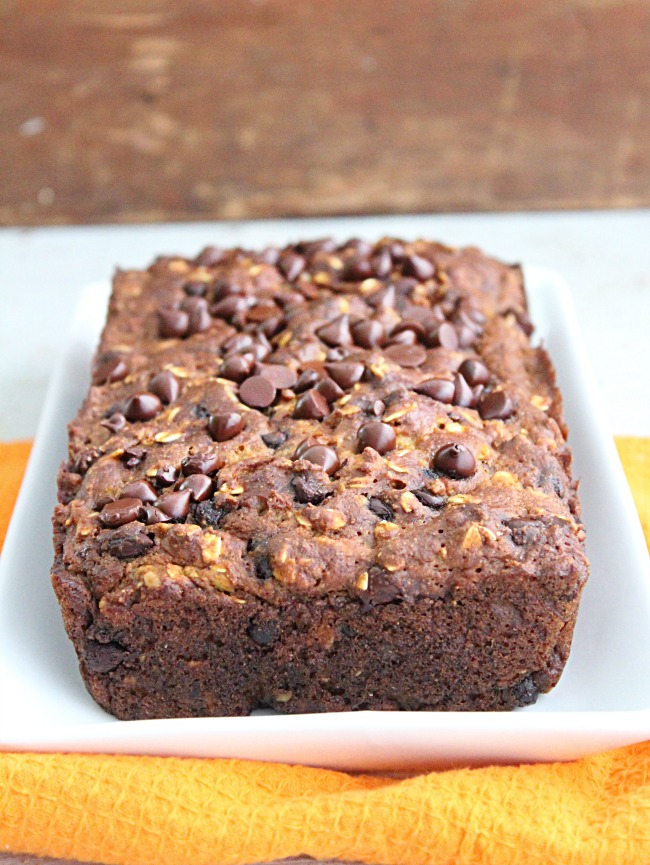10 Food Beliefs from Decades Past We’ve Since Corrected
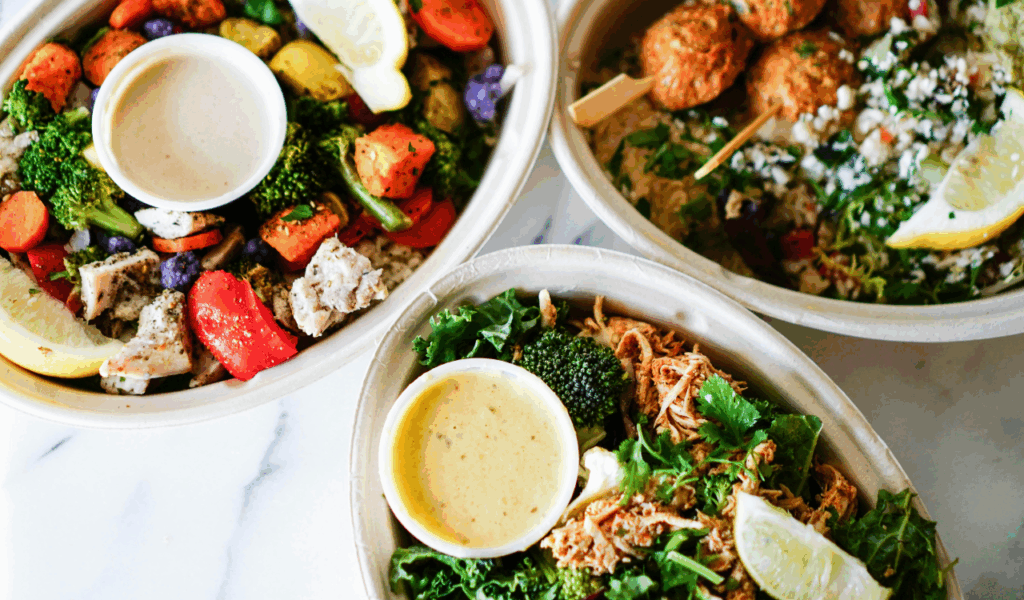
For a long time, people’s attitudes about food affected how they prepared, ate, and thought about nutrition. These views made sense at the time, but they didn’t hold up to research. For example, people thought fats were bad and boiled vegetables until they were dead. Nutritionists and academics have debunked a lot of myths throughout the years, which has helped us learn more about food in smarter and healthier ways. Today, we look back at ten old ideas that used to be common at dinner tables. We’ll find out the truth behind them and what current nutrition really says.
1. “All Fats Are Bad for You”
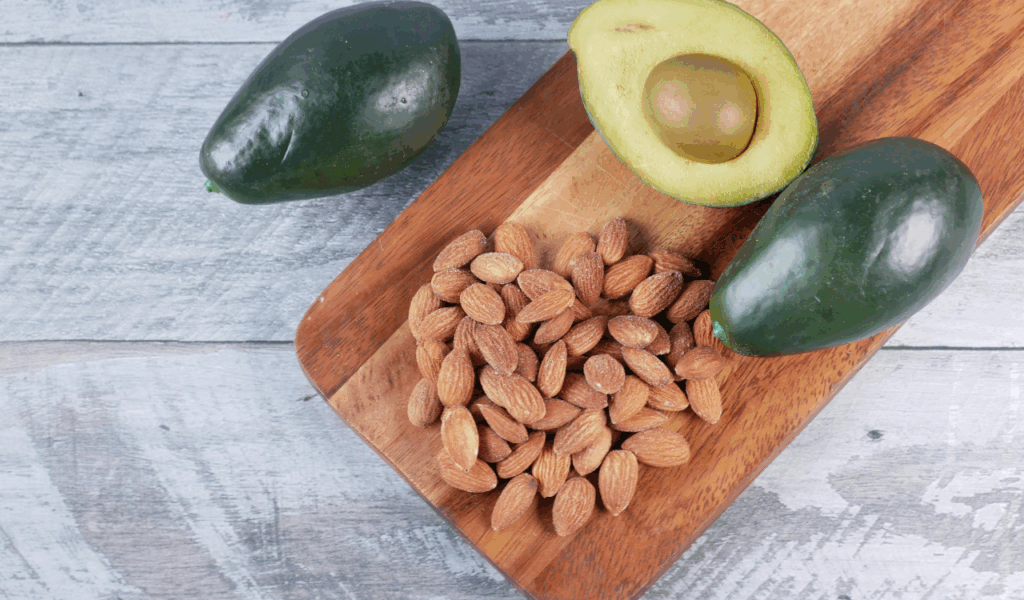
People stayed away from dietary fat for years because they thought it caused heart disease and weight gain. Now we know that fats are important for getting energy, keeping cells healthy, and taking in nutrients. The main distinction is between dangerous trans fats and healthy unsaturated fats that are found in foods like fish, avocados, almonds, and olive oil. These good fats are good for your heart and brain. Avoiding things is not as important as moderation and balance. In fact, replacing refined carbs with healthy fats might even help your cholesterol and metabolism.
2. “Eggs Raise Your Cholesterol Dangerously”
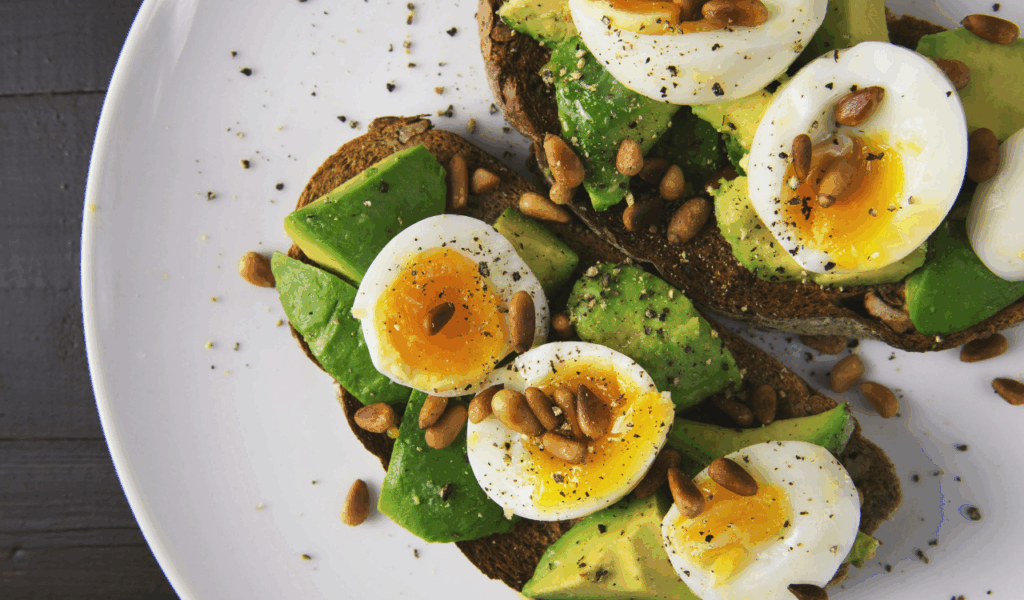
Eggs were wrongly called “cholesterol bombs” in the 1970s and 1980s. Later studies indicated, however, that dietary cholesterol has no effect on blood cholesterol levels for most people. Eggs are full of nutrients, including protein, minerals, and antioxidants like lutein and choline. Eggs have cholesterol, but that doesn’t mean they immediately raise your risk of heart disease unless you also do other bad things. Moderate egg consumption; one egg a day for most people, is now thought to be safe and good for a balanced diet.
3. “Carbs Should Be Completely Avoided”
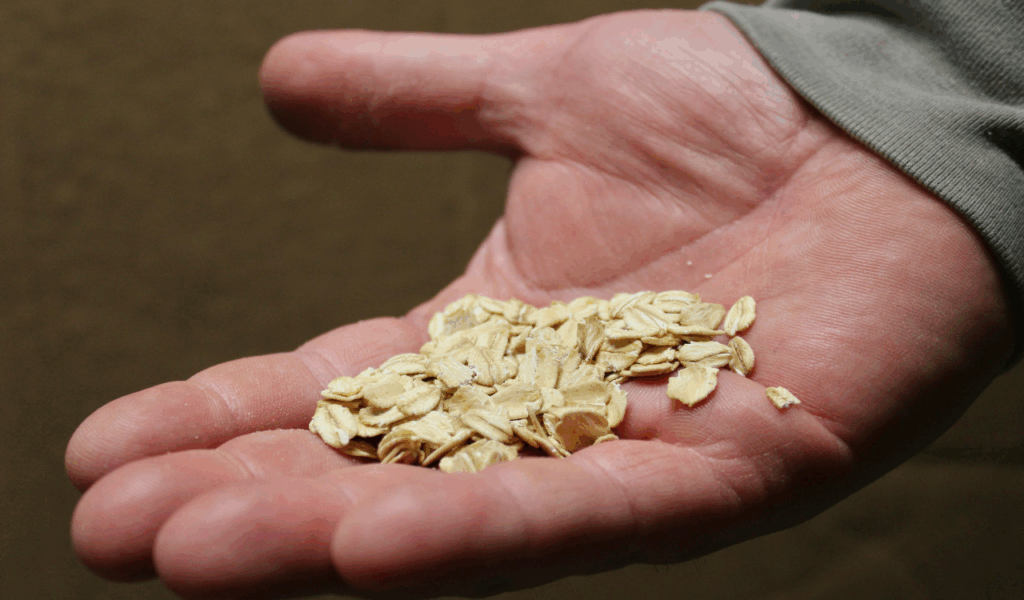
People have thought that carbs are bad for their health. Refined carbs and added sugars can make you gain weight and raise your insulin levels, while complex carbs like whole grains, fruits, and vegetables are important for long-term energy and digestive health. These meals are good for your long-term health since they have fiber, vitamins, and antioxidants. Instead of cutting out carbs completely, modern nutrition focuses on choosing the correct kinds, such those that are high in fiber and nutrients instead of empty calories. Balance and controlling how much you eat are really important.
4. “Raw Vegetables Are Always Healthier Than Cooked Ones”
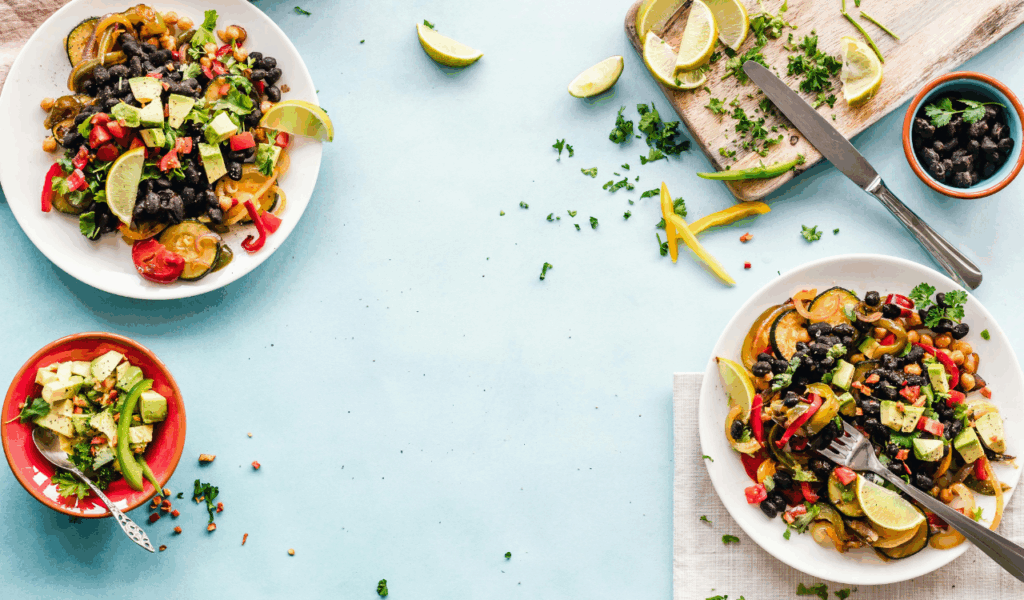
It’s true that heat can break down some nutrients, but cooking can also make some nutrients easier to get. Cooking tomatoes, for instance, makes it easier for the body to absorb lycopene, while just boiling carrots makes beta-carotene more available. Cooking also breaks down tough fibers, which helps with digestion and getting nutrients. The best way to acquire a good combination of nutrients is to mix raw salads with cooked vegetables. Some people think that raw is always superior, however this ignores the fact that heat can occasionally help food reach its full nutritious potential.
5. “Eating After 8 PM Causes Weight Gain”
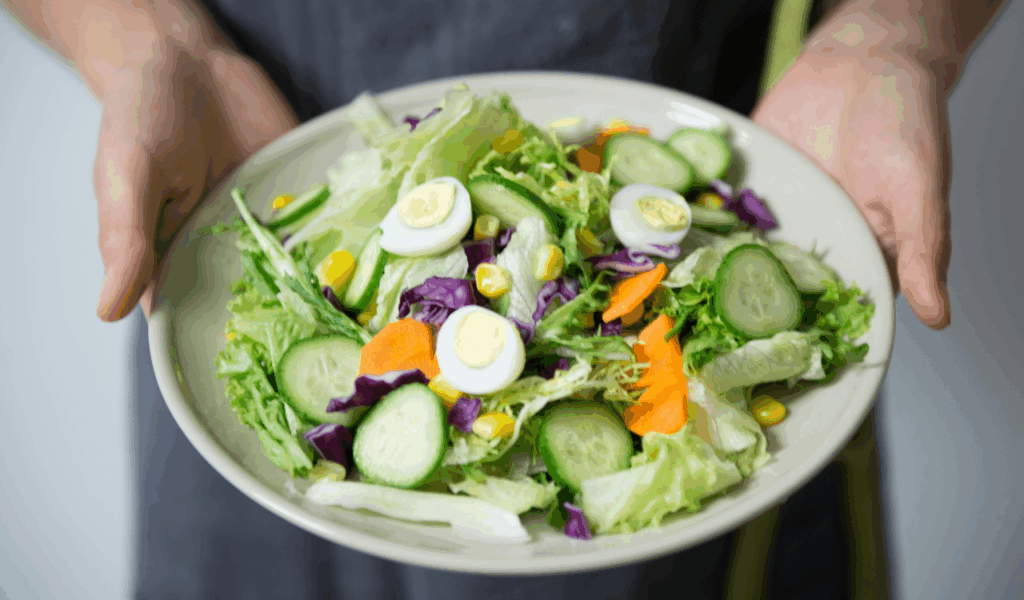
People probably thought this because they mixed up correlation with causation. The amount of calories and the quality of the meal, not the time of day, are what cause weight changes. Eating late doesn’t always make you gain weight, but munching while watching TV generally does. The most important thing is to keep your energy level balanced throughout the day. Eating beyond 8 PM isn’t a problem if your meals are healthy and the servings are reasonable. Not the clock, but consistency governs metabolism and keeping weight off.
6. “Frozen Produce Is Less Nutritious Than Fresh”
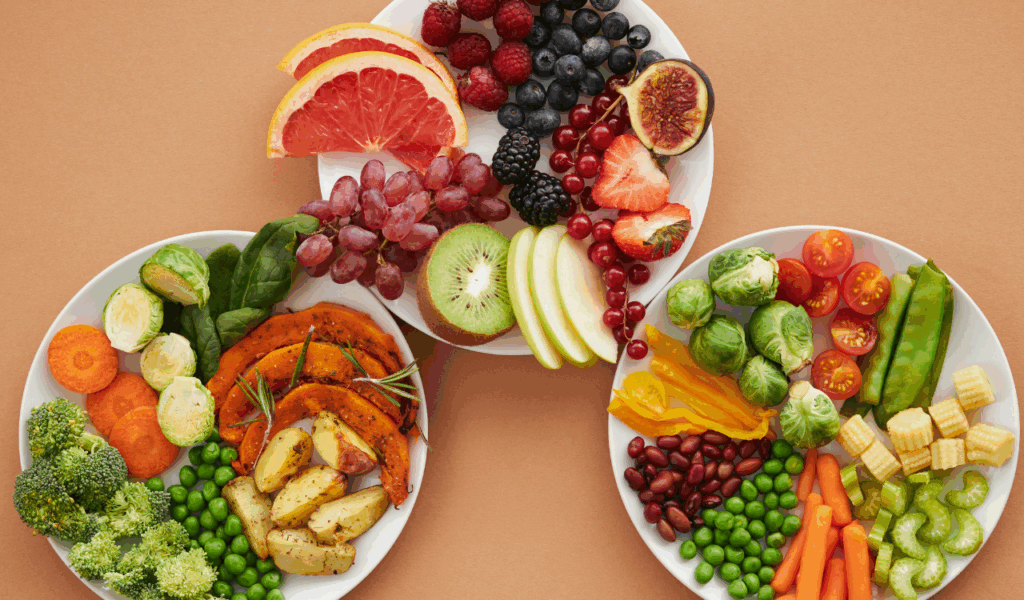
A lot of people still think that freezing fruits and vegetables makes them less healthy, yet freezing them just after they are picked keeps the nutrients in them. Fresh fruits and vegetables can lose vitamins when they are stored or transported for a long time, while frozen fruits and vegetables keep most of their nutrients. Frozen fruits and veggies are a healthy and easy choice as long as they don’t have any added sugar or spices. They are also cheap and help cut down on food waste, which makes them a good choice for modern diets.
7. “You Must Drink Eight Glasses of Water Daily”

There is no scientific proof for the “eight-glass rule.” The amount of water you require depends on the weather, how active you are, and what you eat. Food and drink sources of water, such as fruits, vegetables, soups, and even tea, all add up to your total intake. Your body is the best indicator. Clear or pale yellow urine means you are properly hydrated. Instead of focusing on a certain figure, pay attention to your hunger signals and change your behavior as needed. Individual requirements are more important than strict daily goals.
8. “Microwaving Food Destroys Nutrients”

People used to be afraid of microwave ovens, but studies indicate they are safe and work well. In fact, microwaving frequently keeps nutrients better than boiling since it uses less water and cooks food for less time. Vitamins like C and B dissolve in water, so they are lost when you boil them. Microwaving keeps more of them. Microwaving is a healthy and quick way to cook food as long as it is heated uniformly and not overheated.
9. “Salt Is Always Bad for You”

Too much sodium can raise blood pressure, but not eating any salt at all isn’t good for you either. Sodium is very important for the function of nerves, the balance of fluids, and the contraction of muscles. The problem comes from eating too many processed meals, not from cooking at home in moderation. Adding natural herbs, spices, and a little salt to food makes things taste better without any danger. The new view is more about quality and control, which means adding less sodium but not being afraid of it.
10. “Organic Foods Are Always Healthier”

People sometimes think that organic foods are superior just because they are organic, but the important difference is how they are grown, not how many nutrients they have. Research indicates that organic and conventional vegetables possess comparable vitamin and mineral levels. The main benefit of organic food is that it has less pesticides and is better for the environment. But choosing organic shouldn’t mean you don’t consume a lot of different fruits and veggies, whether they are organic or not. The best choice is a variety of foods that are fresh and not too processed.

